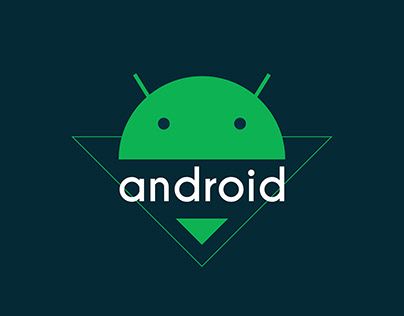In a world constantly shifting toward cross-platform solutions and emerging technologies, many aspiring developers wonder if learning Android development is still a worthwhile investment. With alternatives like Flutter, React Native, and even web-based apps gaining popularity, is there still value in mastering native Android development?
The short answer: Yes, it’s absolutely worth it—but with some important context. Let’s explore why.
1. Android Dominates the Global Mobile Market
As of 2025, Android holds more than 70% of the global mobile OS market share. Billions of users across the world rely on Android devices every day. From smartphones to tablets, TVs, wearables, and even cars, Android is everywhere. This massive ecosystem creates constant demand for skilled Android developers.
2. Opportunities in Emerging Markets
Android’s dominance is especially strong in emerging economies like India, Brazil, Indonesia, and much of Africa. Companies looking to reach users in these markets focus on Android-first strategies. If you’re aiming to work in or serve these regions, Android development is a must-have skill.
3. The Power of Kotlin and Modern Tools
Google now officially supports Kotlin as the preferred language for Android development. Kotlin is modern, concise, and developer-friendly, making it easier to write clean, maintainable code. Combined with powerful tools like Android Studio, Jetpack Compose (for UI), and Firebase, the development experience is better than ever.
4. Job Opportunities and Freelancing Potential
Companies of all sizes—from startups to tech giants—still hire Android developers. Whether you’re aiming for full-time employment or freelancing, Android skills can open many doors. Additionally, with the rise of remote work, Android developers can work globally without relocating.
5. The Google Play Store is Developer-Friendly
Unlike Apple’s App Store, the Google Play Store has fewer restrictions, lower fees, and faster approval times. This makes it ideal for indie developers and startups to launch their apps quickly. If you dream of creating and monetizing your own app, Android gives you a great platform to start.
6. Cross-Platform Isn’t a Silver Bullet
While cross-platform frameworks are great, they often come with trade-offs in performance, access to device features, and platform-specific design. Native Android development allows for fine control, better performance, and more customization, especially for complex or resource-heavy apps.
7. Android Extends Beyond Phones
Android isn’t just for smartphones anymore. It’s used in:
-
Android TV
-
Android Auto
-
Wear OS (smartwatches)
-
IoT devices
This opens up a world of specialized development opportunities beyond typical apps.
So, Is It Still Worth Learning?
Absolutely—if it aligns with your goals. Android development remains relevant, versatile, and rewarding. Whether you want to build career-ready skills, develop your own apps, or explore connected devices, Android provides a solid foundation.
However, it’s important to keep learning and stay updated. Explore Kotlin, Jetpack Compose, and understand how Android fits into the broader ecosystem of mobile and cross-platform development.
Final Thoughts
Learning Android development in 2025 is not only worthwhile—it’s strategic. With billions of users, strong job demand, and modern development tools, Android continues to be a thriving space for developers.

